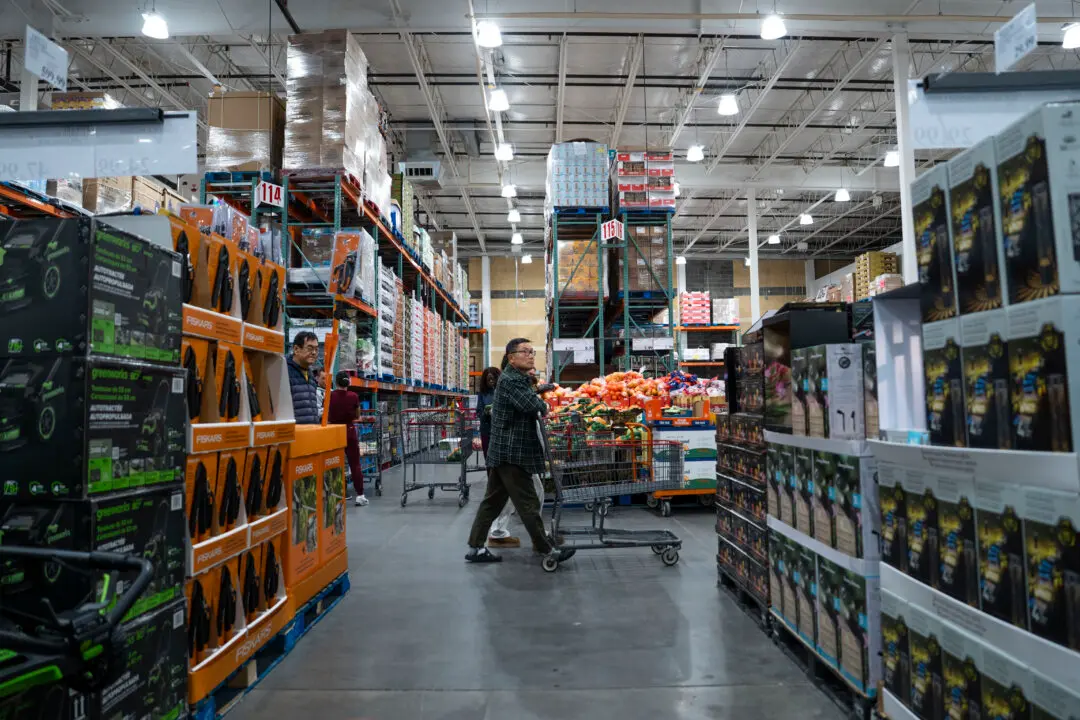Cocoa prices reached an all-time high in Feb. 5 trading, fueled by mounting global supply challenges and deficit fears, spelling trouble for investors with a sweet tooth.
Prices for cocoa surged by $53, or 1.02 percent, to a record $5,242 per metric ton on the U.S. ICE Futures exchange. Year-to-date, cocoa has rallied by nearly 25 percent and has soared by more than 103 percent over the past 12 months.





